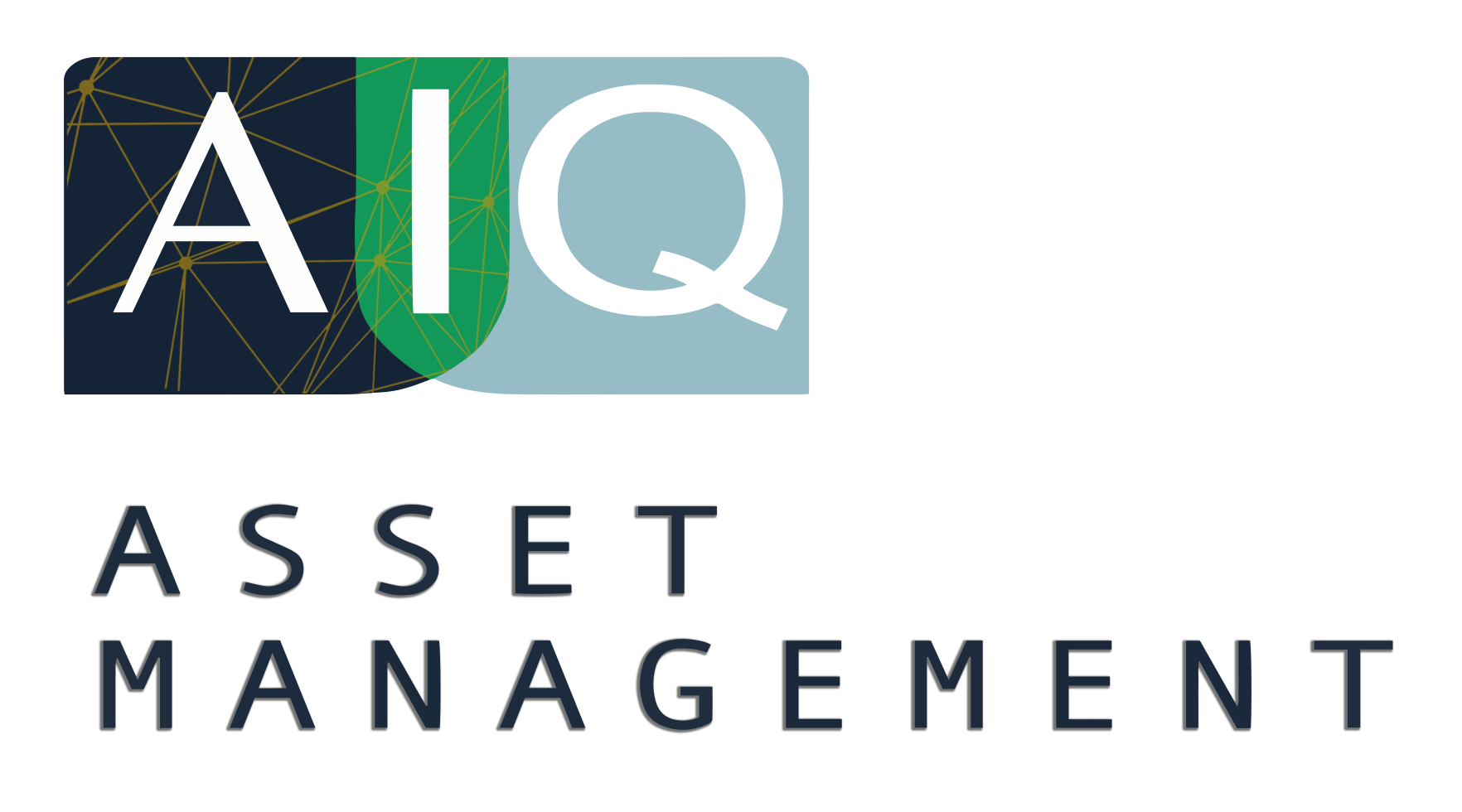Current Outlook and Strategy Positioning - March 2025
AIQ Asset Management recently completed the quarterly rebalance of both AIQ and ARC AIQ managed strategies. The primary goal of the rebalance is to routinely bring portfolios back into balance with current models to ensure client accounts are in line with their stated risk profiles and to raise funds for scheduled outflows. It also gives us an opportunity to make broad allocation changes to our models as well as adjust individual securities within each.
The purpose of this note is to provide an overview of our current economic and market outlook as well as to provide a broad overview of how the portfolios are positioned to take advantage of our current outlook.
Key Points:
Market Volatility:
Volatility: The market has experienced increased volatility of late primarily due to the uncertainty regarding new policies (e.g., tariffs, government spending) from the Trump administration.
S&P Decline: The S&P 500 index saw its first 10% drop since 2023 as investors took profits, moved to the sidelines (i.e., bought Treasuries), or shifted assets internationally (where Europe has been particularly strong).
Equity Investments:
Investment Opportunities: Despite the market drop, we believe there are opportunities to invest in strong, growing companies at lower prices.
Long Term Growth Focus: The focus is on companies with long-term growth potential, even if the overall market is uncertain.
Fixed Income Investments:
Safe Haven: U.S. Treasury bonds have benefited from their status as a safe investment during market turmoil.
Stability: Corporate bonds have been stable, but we are watching for any signs of stress associated that might come from an economic slowdown.
Portfolio Positioning: With Treasury interest rates still within our targeted range and the corporate bond market steady, there was little change in portfolio positioning.
Economic Outlook:
Base Case: A recession is not our base case, but a slowdown in economic activity is likely.
Contributing Factors: Factors contributing to this slowdown include reduced consumer spending, significant cuts to government spending, a weaker job market, and higher prices due to tariffs.
Tariffs:
Impact on Prices: Tariffs are taxes on imported goods, intended to protect domestic industries but often lead to higher prices for consumers.
Business & Consumer Uncertainty: The recent talk of tariffs has created uncertainty, making it difficult for businesses to plan, for consumers to budget, and for investors to analyze the potential impact.
Economic Slowdown Risk: Higher prices from tariffs can reduce consumer spending and slow economic growth.
Delayed Decision Making: This uncertainty has likely led to delayed decision making by all stakeholders.
Government Spending:
Federal Spending Cuts: The Trump administration's cuts to federal spending are aimed at reducing government size but may negatively impact economic growth.
Economic Impact: Government spending is a significant part of the U.S. economy, and reductions can lead to lower near-term GDP and economic activity.
Sector-Specific Effects: The cuts are expected to affect various sectors, including infrastructure and social services, potentially leading to job losses and reduced consumer confidence.
Risks of Growth Slowdown and Inflation:
Impact on Corporate Earnings: A slowdown in economic growth can lead to lower corporate earnings and stock market performance.
Inflationary Pressures: Inflation, driven by tariffs and other factors, can erode purchasing power and increase costs for businesses (i.e., lower margins) and consumers.
Stagflation Risk: The combination of slower growth and higher inflation (stagflation) poses a significant risk to the economy, making it challenging for policymakers to balance growth and price stability.
Investment Strategy:
Expectations: We expect this uncertain environment to lead to continued volatility in the markets.
Activity: AIQ is buying growth stocks and increasing international investments to deal with this uncertain environment.
Diversification and Protection: We are also adding alternative investments like managed futures to diversify and protect portfolios.
Risk Management:
Strategy: The strategy includes measures to protect investments from potential market downturns.
Long Term Investment Approach:
The goal is to minimize losses and be ready to invest more when the market stabilizes.
Material discussed is meant to provide general information and it is not to be construed as specific investment, tax, or legal advice. Individual needs vary and require consideration of your unique objectives and financial situation.
The opinions voiced in this material are for general information only and are not intended to provide specific advice or recommendations for any individual. The economic forecasts set forth in this material may not develop as predicted. Investing involves risks including possible loss of principal. No investment strategy or risk management technique can guarantee return or eliminate risk in all market environments. All information is believed to be from reliable sources; however, Advisor Resource Council makes no representation as to its completeness or accuracy. Additional information, including management fees and expenses, is provided on Advisor Resource Council’s Form ADV Part 2, which is available upon request.

